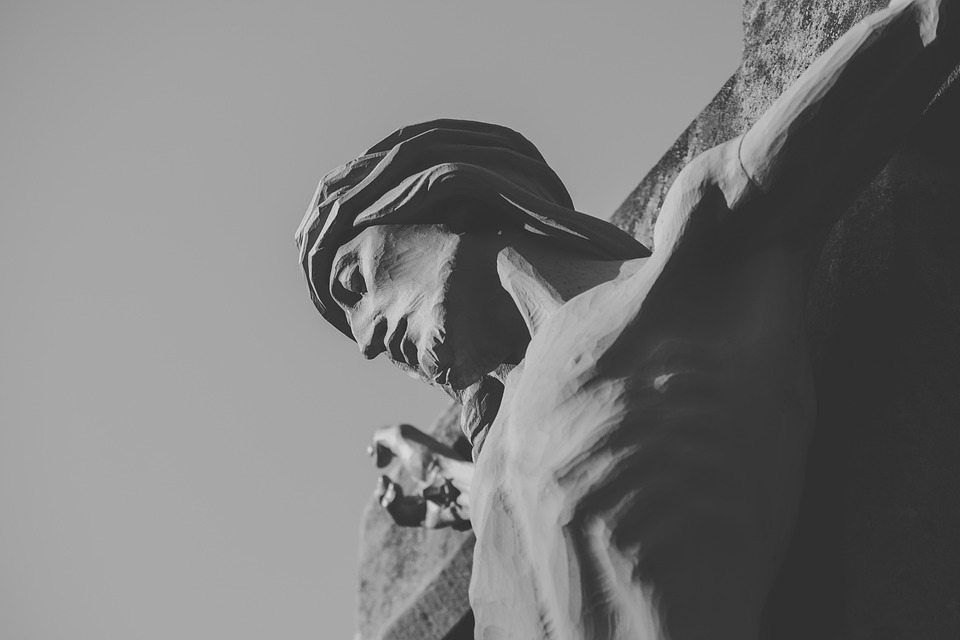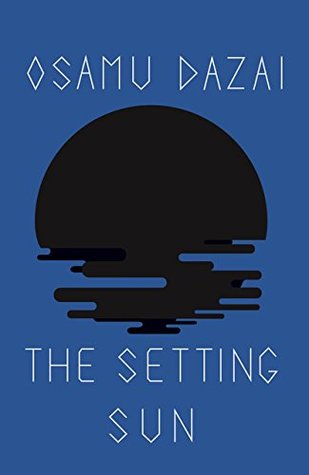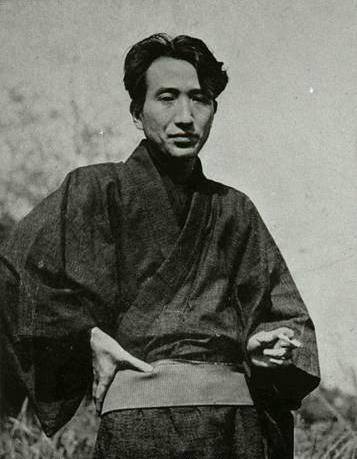So… this is part-book review, part-religious monologue—thinking out loud, really. It’s just a personal reflection. It could come across preachy or possibly offensive, neither of which is my intention. Please feel free to skip if this isn’t your cup of tea. ❤
I appreciate you all, so much.
You have heard that it was said, ‘You shall love your neighbor and hate your enemy.’ But I say to you, love your enemies, bless those who curse you, do good to those who hate you, and pray for those who spitefully use you and persecute you, that you may be sons of your Father in heaven; for He makes His sun rise on the evil and on the good, and sends rain on the just and on the unjust.
—Matthew 5:43-45

As I write this, it’s 12:40 AM, Saturday morning, and we in the U.S. still do not know the outcome of the election.
We do know that our country is split down the middle. Actually, fractured would be a better description. There are some, on all sides, who are terrified about the future and for their own safety. This is just the tip of an iceberg that has been growing for a very long time. In some ways, it has little to do with presidents, and much to do with people.
With that weight on my heart, I’ve been meditating on the above verse. By meditating… I mean the phrase “love your enemies” came into my head a few weeks ago, as spoken on the Jesus movie by actor Brian Deacon. (The way he said it with a confident conviction is something that stuck with me since childhood.) Later on, I saw the phrase on a church billboard as I was driving one day. Then a friend quoted it to me, unprompted and out of the blue. It won’t stop following me around…
So, what does this all have to do with a somewhat obscure 1947 Japanese novel? For a Christian, and to my surprise, literally everything.
The great struggle I have with the verse is, of course, actually living by it. The characters in Osamu Dazai’s The Setting Sun grapple with similar conflicts, or rather, with living by principles in general. They come to rather different conclusions.
In the last analysis my death is a natural one—man cannot live exclusively for principles.
The Setting Sun, ch. 7
Victims. Victims of a transitional period of morality. That is what we both certainly are.
The Setting Sun, ch. 8
The overarching theme of the book is this: when life circumstances become terrible, destruction—of traditions, others, or one’s self—is a natural reaction. When things get bad enough, when simply living day-to-day is a struggle, leading a good and noble life is not only difficult—it’s unreasonable. Pursuing a hedonistic life, putting one’s self first when it comes down to the wire, may be the only way for us to survive.
Does this sound familiar?
The two main characters, Kazuko and her brother Naoji, have certainly suffered enormously. Former aristocrats brought low by Japan’s defeat, they are forced to piece together a new life much humbler than the one they had enjoyed before WWII. Naoji, a veteran, resorts to narcotics and sex to numb his war experiences. Divorced and childless, Kazuko searches desperately for a man to save her from feeling trapped by her ailing family. Their mother alone takes the changes with relative, old-world grace, but it is understood her battle, in a sense, is over: it is the young who have to struggle with their new identities most.

Dazai takes a critical approach to Christianity in The Setting Sun by using Catholic imagery and inverting it with Kazuko’s misplaced Scriptural references. Our narrator, aching in her desire for emotional and physical intimacy, fastens on to the phrase “wise as serpents and harmless as a doves” (Matthew 10:16) but applies it in her pursuit of a lover (ch. 4). She compares herself to the Virgin Mary (ch. 8), substituting personal pride and happiness for righteousness, in an effort at self-validation regardless of the cost or consequences. The author seems to suggest that biblical morality is outdated, stifling to the human soul, and is only practical when life is going well.
I want to provide a reflection and a rebuttal, specifically to Dazai’s portrayal of Christianity.
Dazai is accurate in his assessment that it is not natural—perhaps not even, on the surface, rational—to stay true to principles when your world is falling to pieces. After all, if you’re being torn apart, externally or internally, your natural inclination is to withdraw, or to fight back. Hurt, or be hurt. Be the alpha or be nobody. Make people pay for what they’ve done to you.
As this novel illustrates, the World Wars proved, very awfully, that tradition alone doesn’t save us from hell. Those of us living in the West may view the Allies’ victory through rose-colored glasses sometimes, but the truth is, the wars were a tragedy no matter who won. Between 100,000 and 200,000 people died in the bombings of Hiroshima and Nagasaki alone–some instantly, some in slow and terrible deaths. Most of them were civilians.

I’m reminded that even if we lived in “perfectly” organized societies with common traditions, we’d still be a mess, just like the nations who slaughtered each other en masse for over three decades. Conflict and greed are parts of the human condition.
Christianity as a “rule book” could be viewed in the same cynical light, as it seems Dazai did. It’s inarguable there are many unkind, immoral, or outright cruel people who call themselves Christians, and this has been the case all throughout history. These people didn’t even live by the principles they espoused. God will judge them just as He will judge us all.
There are also many different world philosophies. You could just as soon choose another. Though the narrator Kazuko appears to practice Christianity, it is in reality a different philosophy that she follows, and to a certain extent, it works for her. She still demonstrates selfless love for her mother. Let down, however, by the rest of the world, Kazuko turns upon others (such as her lover’s wife) by putting her own desires first and acting against her altruistic better half.
It was Kazuko’s character arc which led me to reaffirm that Christianity, which claims to be something special, isn’t and cannot be just a philosophy or lifestyle.
More than ever, I’m convinced that to be a Christian means to be completely loyal to a Person. This Person is someone you believe to be perfect and therefore the only Person who deserves ultimate loyalty—above political parties, your partner, your parents, everyone. The principles follow afterwards, just as Jesus said “If you love me, keep my commandments” (John 14:15).
I don’t find it easy to follow His commandments, especially in the year 2020, and they rarely come naturally, with often some level of struggle involved. But I keep trying to live by them because I love Him with my whole being.
Without giving too much away, I can say the ending of Dazai’s novel shows the ultimate outcome of the divergent paths taken by Kazuko and Naoji. Unrestrained by moral bounds, they get what they want, or at least what they pursued with their hearts and souls. It seems like Dazai has not presented readers a happy ending but rather a “natural outcome,” leaving the conclusion and judgment to us.
But what if you insist that a natural outcome is not enough, that you could find a better ending for your life story? If I lived “exclusively for principles,” I could not trust myself to stay on course when things get really bad. But I know from experience that living loyally to Christ in the midst of struggle will lead to a better, happier outcome for me than Kazuko’s. So I live for Him, instead of principles. I will try to love my enemies, because I love Him. And with the help of the Holy Spirit, I’ll be guarded against every natural urge towards harm, such as those inflicted by Dazai’s characters.
Christ only asks us to pursue what seems unreasonable, short-term, so that we can be—through Him—separated from all evil and eternally reunited with God. It’s this reunion, and eternal love, that I long for more than anything else.



Leave a comment